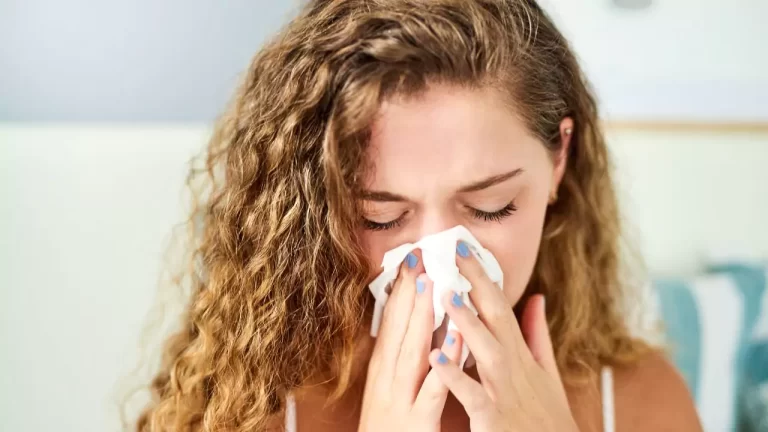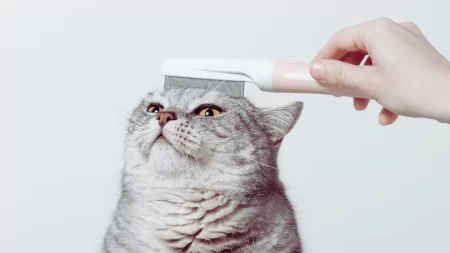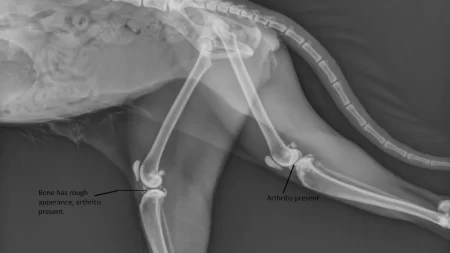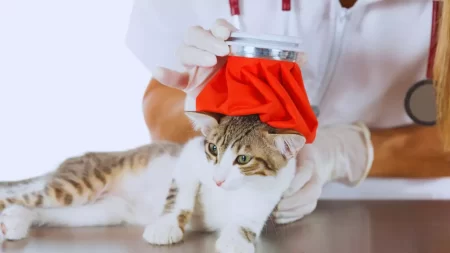Yes, you can get sick from your cat. Cats can transmit several diseases and parasites to humans, especially if preventive measures are not taken.
However, the risk is low if cats are properly cared for and routine veterinary care is provided.
Diseases Associated with Cats
There are a few common feline diseases that can spread to humans:
Toxoplasmosis
Toxoplasmosis is an infection caused by the Toxoplasma gondii parasite. Cats are the definitive host for these parasites, which are shed in feces and can contaminate soil, water, fruits, and vegetables. Human infection occurs by ingesting contaminated food or directly from cat feces. Most healthy adults show no symptoms, but toxoplasmosis can be dangerous for pregnant women and immunocompromised individuals.
Hookworms and Roundworms
Cats can harbor hookworms and roundworms in their digestive system, which are shed in feces. Human transmission occurs through ingestion of microscopic eggs from contaminated soil or surfaces. Larvae can migrate through the skin from contact with feces. These worm infections can cause mild rashes and respiratory issues in humans.
Ringworm
Despite its name, ringworm is a fungal infection. Cats may spread ringworm spores to people by touching dirt or other animals. Ringworm produces ring-shaped rashes.
Cat Scratch Disease
Cats, particularly kittens, bite and scratch to transmit this bacterial illness. Cat scratch fever and enlarged lymph nodes occur in humans. The symptoms are typically modest and self-limiting.
Rabies
Rabies is a deadly nervous system virus. Animals may infect cats and other animals with rabies. Rabies may spread via cat bites and scratches. In locations with mandated rabies immunization, pet cat rabies is rare.
How Cat-Related Diseases Spread?
Understanding how these feline diseases are transmitted is key to prevention:
Understanding transmission routes
Cats can directly transmit pathogens through bites and scratches or indirectly contaminate surfaces, soil, food, or water with saliva, urine, and feces. Humans pick up infections primarily through ingestion, inhalation, or direct contact.
Importance of hygiene and cleanliness
Many cat-associated illnesses are contracted when interacting with contaminated excretions or the environment. Maintaining cleanliness in spaces shared with cats and practicing good hand hygiene helps block transmission.
Proper handling and hygiene practices
Safe handling, especially during waste removal and litter box cleaning, helps avoid spread. Always wash hands after cleaning litter boxes, touching cat feces, and before eating. Keep cats indoors to avoid hunting and fights with diseased animals.
Preventive Measures to Stay Healthy Around Cats
Some tips to stay healthy around cats include:
Regular veterinary checkups
Annual exams and vaccinations protect cats and humans. Veterinarians can screen for parasites and provide preventives. Wellness checks detect illness early.
Maintaining good hygiene and cleanliness
Frequently disinfect litter boxes and food bowls. Use gloves during cleaning. Wash hands before handling food. Avoid contact with feces and vomit.
Proper litter box management
Scoop waste daily, clean boxes weekly, and replace litter regularly. Use disinfectants when washing. Designate separate eating areas away from litter boxes.
Avoiding contact with stray or sick cats
Interacting with stray cats raises infection risk. Seek veterinary care for adopted or sick cats, isolating them when needed. Teach children safe handling techniques.
While most cat-related illnesses are preventable with basic precautions, there is still an inherent risk when living closely with any pet. However, the joy cats bring usually outweighs the small chance of acquiring a zoonotic disease. With proper veterinary care, hygiene, and handling, cats can safely remain cuddly companions.







